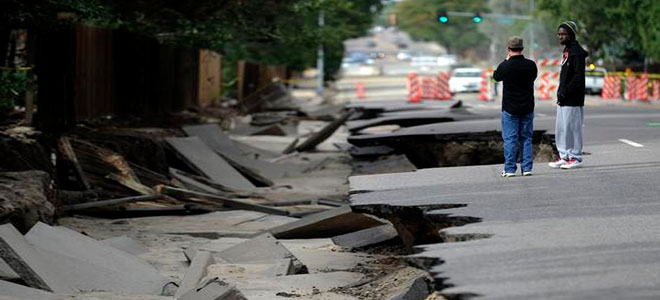Risk, Hazards & Crisis in Public Policy
Volume 6, Issue 3
by Elizabeth A. Albright and Deserai A. Crow
Abstract: Policy learning in the aftermath of extreme events can happen as a result of changes in beliefs, attitudes, behaviors, and perceptions of stakeholders acting in a coordinated manner. Understanding the factors that impact these beliefs may prove critical in understanding policy learning and change, since these can mean the difference between ongoing flood vulnerability as a consequence of extreme weather events rather than long-term resilience. Data from in-depth interviews, stakeholder surveys, public meeting documents, and community demographics were used to analyze stakeholder processes and risk perceptions in seven Colorado communities that were flooded in 2013. Differences in extent of damages and resource capacity have led to a diversity of venues and participatory processes to manage flood recovery across the case communities. The results of the stakeholder survey suggest that perceptions of problem severity are linked to past flood experiences, type of expertise and job position. Taken together, these results suggest who participates in flood recovery processes, specifically their position and field of expertise, may influence how flood risks are perceived at the community level. Read more …


